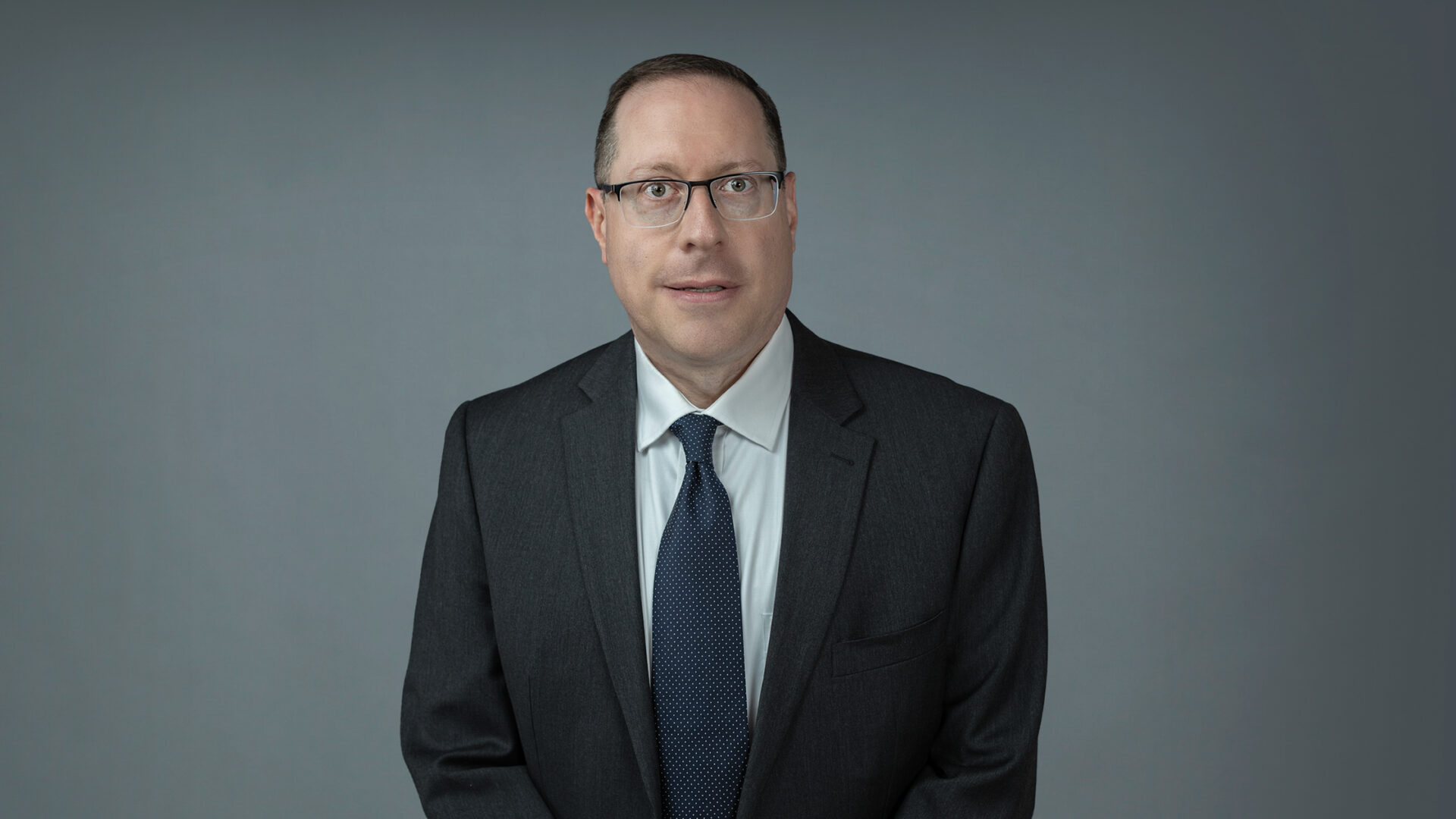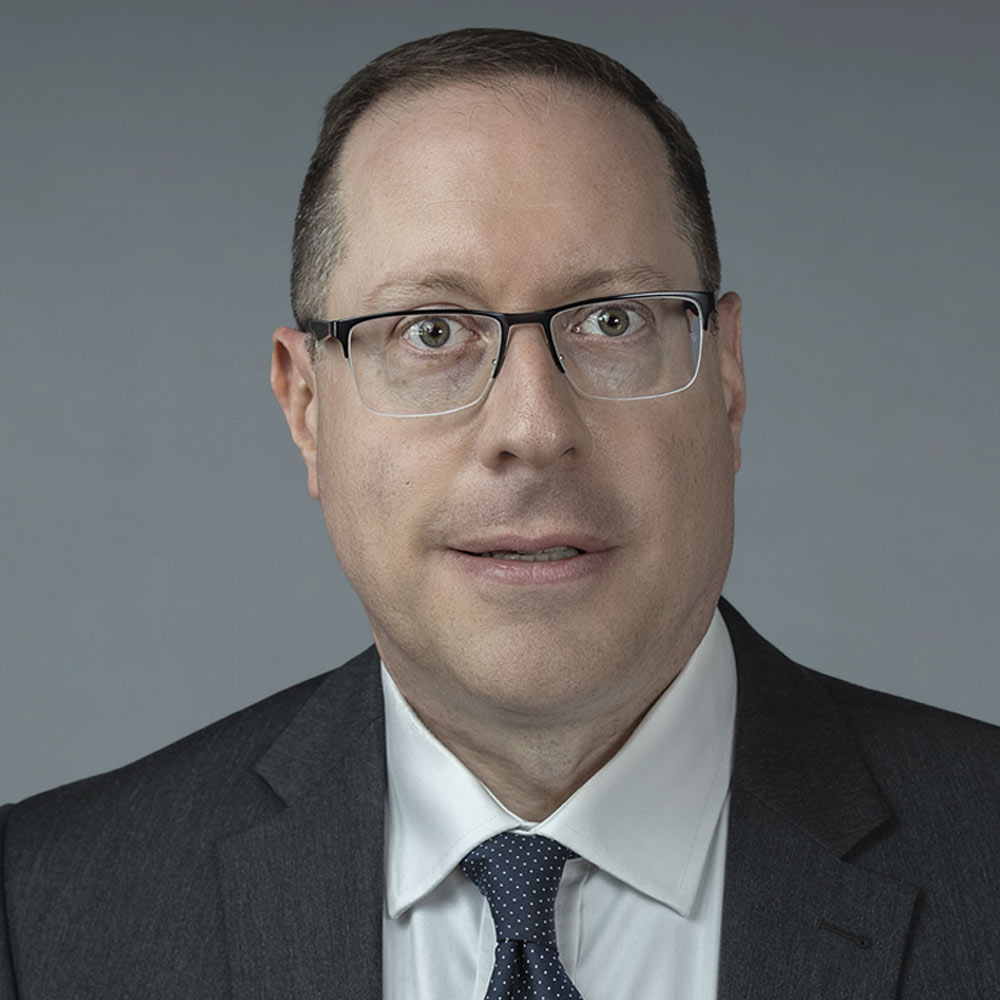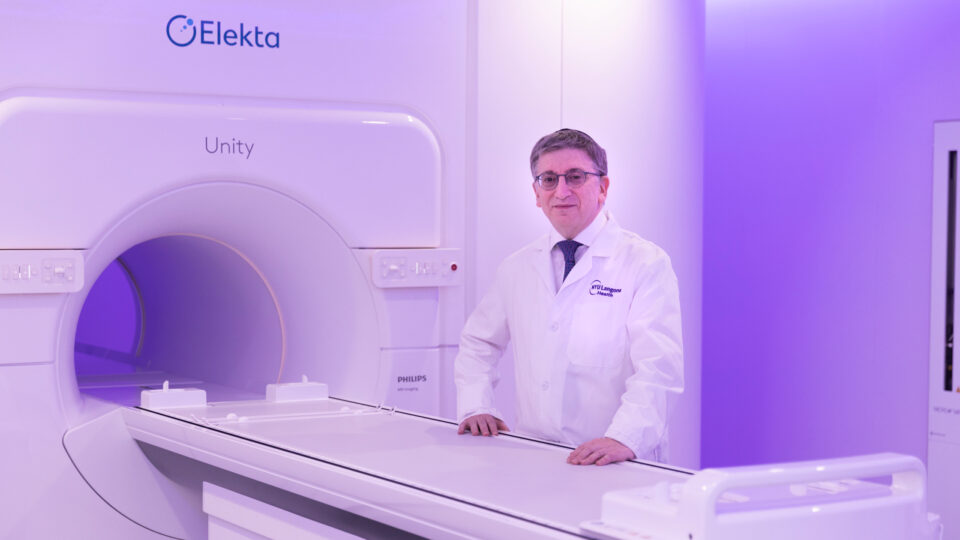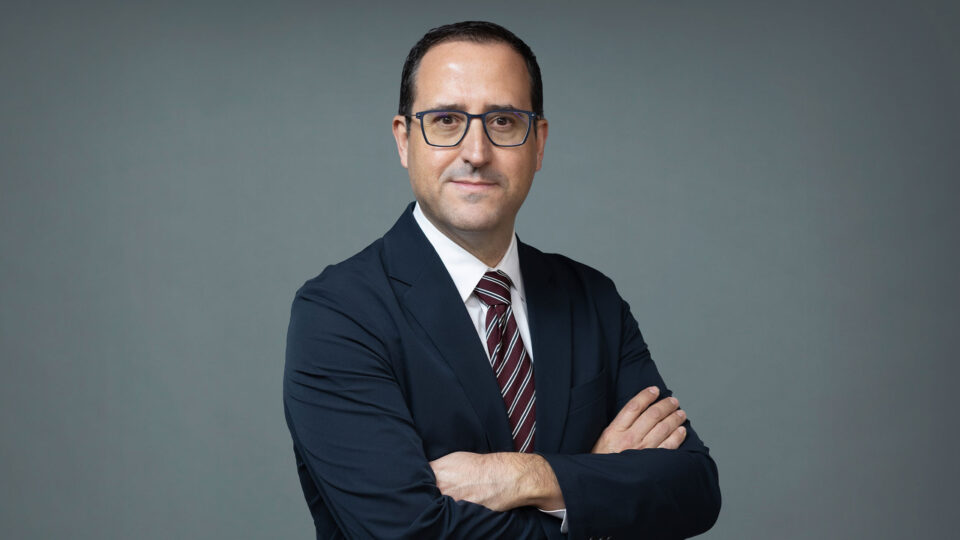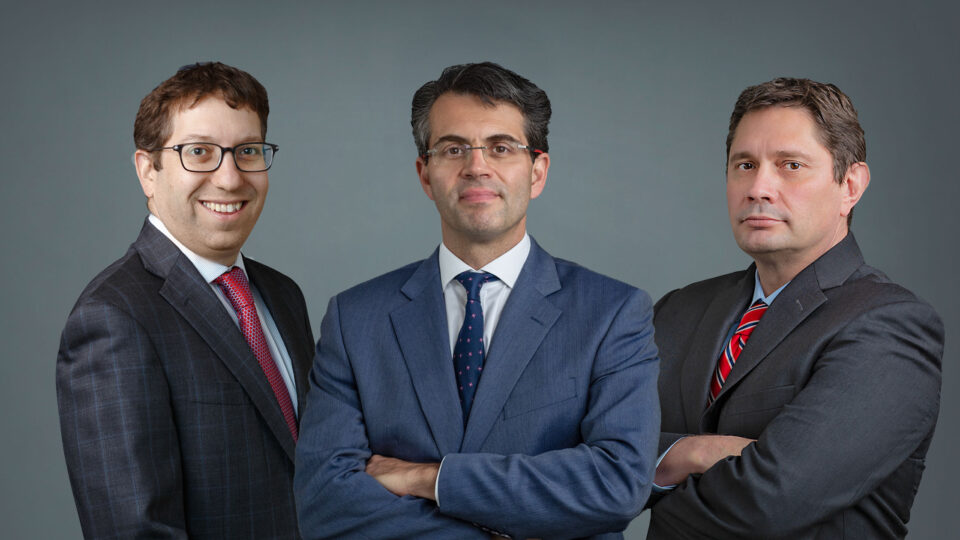Jonathan M. Gerber, MD, has recently joined NYU Langone Health’s Perlmutter Cancer Center as chief clinical officer, where he will oversee the cancer service line across the entire network of locations throughout Brooklyn, Long Island, Manhattan, and Queens.
As a seasoned clinician, Dr. Gerber has nearly two decades of experience in treating leukemia and related hematologic conditions, as well as extensive experience in blood and marrow transplant and cell therapies. He is also an accomplished translational researcher, focusing on the detection and targeting of leukemia stem cells.
Dr. Gerber brings a wealth of experience in cancer leadership to the role, having previously served as director of the UMass Cancer Center and in leadership roles at the Atrium Health Levine Cancer Institute.
Here, Dr. Gerber shares his journey into leadership—including a sudden pivot to the COVID-19 response—and his vision for enhancing cutting-edge, personalized cancer care at Perlmutter Cancer Center.
Lessons in Leadership
Physician Focus: What motivated you to pursue a leadership position in healthcare?
Dr. Gerber: I happened into leadership roles a bit by circumstance.
When I was still relatively junior in my career, an opportunity came up to help build the Levine Cancer Institute from the ground up in Charlotte, North Carolina. They had a bold vision of building a cancer center without walls and bringing cancer care closer to home. It was a rare opportunity that, for some, might have been intimidating due to the uncertainty, but for me it was an exciting challenge. I realized as a young physician that I didn’t want to be in the position of complaining about things without trying to fix them.
We did everything from establishing the positions and hiring faculty and staff to drafting protocols and pathways and even designing future construction and renovations. We launched a leukemia program and a blood and marrow transplant program covering inpatient and outpatient services—truly building from scratch. It was a unique and invaluable learning experience that I really enjoyed.
Physician Focus: How did your experience in Charlotte shape your approach to leadership?
Dr. Gerber: I was trained as a physician–scientist, spending most of my time in the lab while on faculty at Johns Hopkins. So when I took the role at Levine Cancer Institute, I tried to apply the same rigor and due diligence to administrative problems as I would to a scientific experiment or patient care. Rather than dismissing issues, I made an effort to understand the context and find the best solutions by thinking creatively, being resourceful, engaging key stakeholders, and building consensus.
“I always say that the diseases that we take care of are stressful enough, we don’t need any manufactured stress.”
Jonathan M. Gerber, MD
Many people mistake leadership for simply having the authority to hire and fire or issue orders, but it’s really about solving problems and taking care of people. Hiring is fun, and it’s one of the most important things we do. It’s critical that we get that right and that we retain good people. Firing is an absolute last resort.
Good leaders are often the hardest-working people in the organization. They’re receptive, responsive, and available to their team. They learn about the problems, and if a solution doesn’t work, they reassess and revise the plan.
At the end of the day, it’s all about our patients and taking care of each other. I always say that the diseases that we take care of are stressful enough, we don’t need any manufactured stress.
A Pivot During the Pandemic
Physician Focus: During the COVID-19 pandemic, you helped develop convalescent plasma therapies—an area related to but outside your usual expertise. Can you tell us more about this experience?
Dr. Gerber: It was really a perfect storm of circumstances that led me to get involved in the COVID-19 response.
When the pandemic hit, I had just recently taken on oversight of the Transfusion Medicine Division at UMass, merging it into the Hematology and Oncology Division; and I was therefore asked to mobilize an effort around convalescent plasma treatments. This put me in a somewhat difficult position, because the Transfusion Medicine Division was small, with only two faculty, who were excellent but had little clinical research experience. And the extent of my experience with transfusion medicine was a one-month rotation as a fellow.
I drew on my background in leukemia and infectious complications, as well as my experience in building programs and with clinical trials, to quickly pull together the necessary resources and research expertise. I had a phenomenal team supporting me, including an experienced blood bank team. And through my role in the cancer center, I was also able to rely on the cancer clinical trials team. This was an absolutely outstanding group of research nurses, coordinators, and regulatory personnel who worked tirelessly alongside me, often around the clock and 7 days a week, including holidays. I did not take a single day off for 14 months, which I could never have survived without their help.
It was an incredibly stressful time, but I was able to translate my skills into a different arena and employ a collaborative approach to tackle a new challenge. It was certainly a detour that I never anticipated in my career.
Priorities as a Chief Clinical Officer
Physician Focus: As the new chief clinical officer at Perlmutter Cancer Center, what are your top priorities?
Dr. Gerber: Clinical excellence is my North Star. The vision for the center is to be the absolute best in every area of cancer care. That means recruiting and retaining top talent; delivering cutting-edge, personalized, and compassionate care; implementing quality safeguards; performing innovative research to advance the standard of care; and driving continuous improvement.
We also need to ensure consistency across our growing network of locations. We want patients to experience the same quality of care wherever they land in our system, and we want that care to be as close to home as possible.
“We want patients to experience the same quality of care wherever they land in our system, and we want that care to be as close to home as possible.”
Toward that goal, we’re working to standardize treatment pathways while still allowing for personalized approaches. We don’t want to make it so proscriptive that providers feel restricted in their practice, but we do want to provide some support and remove unnecessary variation. Leveraging our multiple locations throughout the region will help to eliminate disparities in care and barriers to access, including the availability of clinical trials.
Physician Focus: You also aim to position the cancer center as a leader in translational research. Can you elaborate on your plans?
Dr. Gerber: Fostering tight collaboration between our scientists and clinicians to advance translational research will be a key priority for me in this role. I want to create an environment where we are seamlessly moving discoveries from the bench to the bedside, and then using insights gleaned from patient care to inform new research directions. This bidirectional flow of knowledge is critical for driving innovation in cancer treatment, and it’s one of the things we need to do better at in medicine as a whole.
Precision medicine is also a priority. We need to collect biospecimens and data across our network, feed that into our research programs to identify new biomarkers and therapeutic targets, and develop new therapies. Increasingly, we will need to incorporate artificial intelligence into these efforts. While this is easier said than done, it will be crucial for improving cancer outcomes going forward.
Another part of this involves establishing collaborations across departments and divisions within NYU Langone and with outside partners to explore how therapies introduced in cancer can be applied to other diseases.
For example, the same CAR T cell therapies used to treat B cell lymphomas and other cancers have shown early promise in treating debilitating autoimmune diseases such as lupus. These therapies require the infrastructure and expertise that we have in blood and marrow transplantation to deliver them safely and effectively. So we’ve partnered with other specialties to bring these treatments to patients with autoimmune diseases.
NYU Langone is at the forefront of this pioneering approach, and I plan to remain closely involved with these and similar efforts to expand the applications of CAR T cells and related treatments to more diseases.


